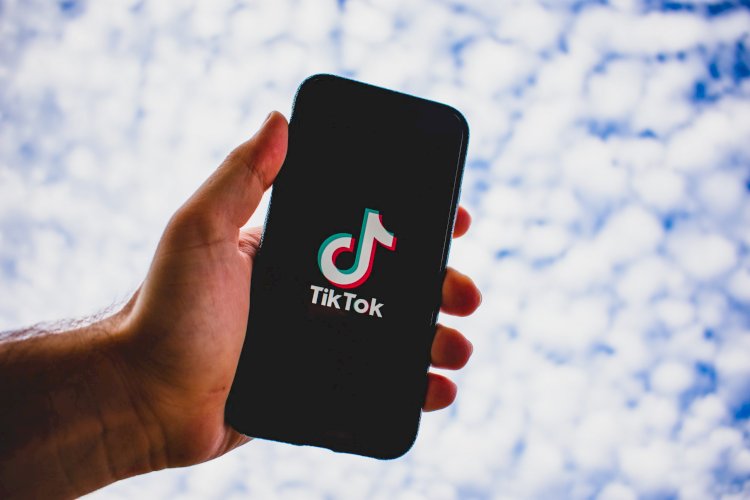TikTok hits one billion users,faces multiple controversies

TikTok’s rise from a niche video-sharing app to a global social media giant has sparked controversies worldwide, with concerns over its links to China and its influence on users and politics.
In Albania, Prime Minister Edi Rama announced Saturday that TikTok would be banned for at least a year starting in 2025. The decision follows a tragic incident in Tirana where a 14-year-old was killed and another injured in a fight stemming from an online confrontation. Rama described TikTok as the “thug of the neighborhood.”
In Romania, the European Union is investigating whether TikTok played a role in far-right candidate Calin Georgescu’s unexpected first-round presidential election victory. The probe focuses on alleged Russian interference and claims of “preferential treatment” by TikTok.
This marks the platform’s third EU investigation, potentially risking fines of up to six percent of its global revenue. TikTok stated it has implemented “robust actions” to combat election misinformation, while Russia denies meddling.
In the United States, TikTok faces mounting pressure after the government passed a law in April requiring ByteDance, its Chinese parent company, to divest from the platform by January 2025. The U.S. claims TikTok allows China access to American user data, a claim TikTok denies.
ByteDance admitted its employees had accessed U.S. user data but insisted it does not share information with Chinese authorities. TikTok could face a nationwide ban if ByteDance fails to comply, threatening its 170 million U.S. users.
Australia recently enacted a landmark law banning under-16s from accessing social media, including TikTok, with hefty fines of up to AU$50 million for noncompliance.
TikTok expressed disappointment, warning the law could push young users to less regulated parts of the internet.
In Europe, TikTok was forced to remove an engagement feature in its TikTok Lite version after EU regulators raised concerns about its addictive nature. The feature rewarded users aged 18 and older with points redeemable for goods based on time spent on the app.
TikTok also faces criticism for its role in spreading hazardous challenges, some of which have reportedly led to child deaths, such as the blackout challenge.
Disinformation remains a significant issue, with a study by NewsGuard revealing that one-fifth of videos on topical subjects like the Russia-Ukraine war contained misleading or false information.
Despite these controversies, TikTok remains a dominant force in social media, attracting creators and influencers worldwide. Its powerful algorithm and innovative features have secured its place at the forefront of digital engagement.
However, the platform continues to grapple with mounting scrutiny over its practices and societal impact.
TikTok’s meteoric rise has reshaped the social media landscape, cementing its status as a global powerhouse with over 1.04 billion monthly active users worldwide as of 2024.
This milestone, achieved in less than a decade, underscores TikTok's unparalleled growth trajectory compared to platforms like Facebook and Instagram, which took significantly longer to reach similar heights.
In the United States alone, 170 million people actively use the app, contributing to its $16 billion U.S. revenue in 2023.
Globally, TikTok engages over a quarter of social media users and nearly one-fifth of internet users monthly, with U.S. adults spending an average of nearly an hour daily on the platform.
Its popularity is further evidenced by 137 million downloads in the first quarter of 2024. Since its 2018 launch, TikTok has grown from 55 million users to over a billion, fueled by its dynamic algorithm and appeal across diverse demographics






















